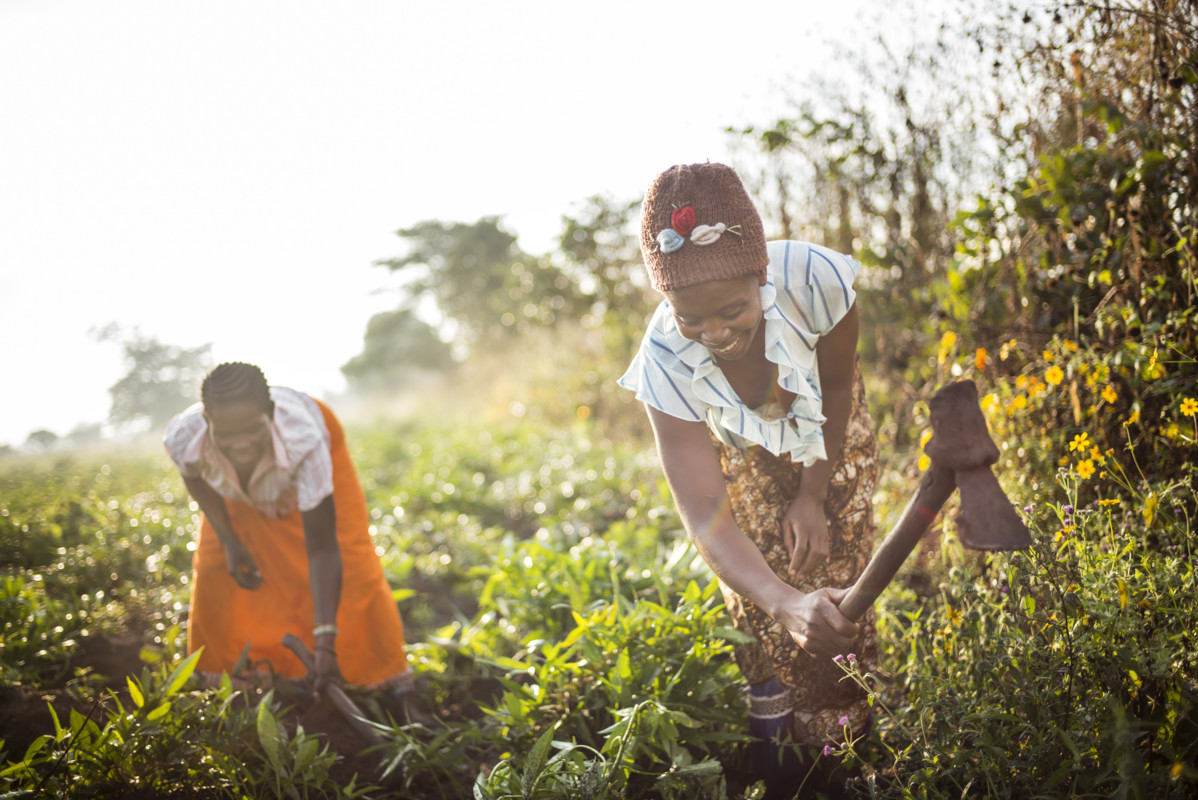We Effect has a long history of working in Zambia which dates back to the end of the seventies – back then supporting the maize marketing cooperatives in different provinces as well as the founding of the Zambia Cooperative College. Over the years We Effect has supported the strengthening of numerous locally registered member based civil society organisations working in the agriculture, housing and cooperative finance sectors with the aim to improve the livelihood of Zambians living in poverty; particularly those that are from rural areas and especially women.
The Country Office opened up in 1996. From 2009, the Zambia Office is also hosting the Regional Office for Southern Africa. We Effect changed its name to We Effect from Swedish Cooperative Center (SCC) in 2013.
We Effect’s main work includes the mobilisation of resources and organisational capacity building of our partners, to enable them to effectively meet the member driven services of their membership in a sustainable manner – and to ensure members claim their rights.
In Zambia We Effect works with rural development, supporting local organisations whose members are small holder farmers. Through the organisations, farmers get support in negotiations with authorities and training in how to increase their production and to adopt sustainable farming methods. An important focus area is to ensure that women and smallholder farmers and other marginalised groups can save, borrow and plan their finances. We Effect also supports Zambian housing cooperatives that work for everyone’s right to adequate housing, as well as organisations working for women’s right to land.
In Southern Africa, study circles are an important tool for improving the living conditions for women and men living in poverty in rural areas. The study circle is a small learning group of 5-15 people that have voluntarily come together to learn about a particular subject of mutual interest. This self-governing group holds regular meetings which are collectively scheduled to carry out the study plan. Study circles aim at developing capacity and competence through interactive exchange of scientific and indigenous knowledge within the study group and during field and look & learn visits. This ultimately leads to increased resilience and improved productivity/production, group savings and loans and local business development.
The study circles currently have over 400,000 members regionally and the regional study circle resource centre is based in Zambia. In Zambia alone – during the past three years – the study circles have been used as a tool for almost 120,000 men (45%) and women (55%) in rural communities, to learn and work together in solving common problems.
Smallholder farmers have challenges accessing affordable loan products and other forms of credit from formal financial institutions, for financing and developing their businesses. Therefore We Effect – through our partner organisations – also support the right holders to involve in financial services where saving and loan groups, financial literacy and linkages to formal financial services are key concepts and approaches.
